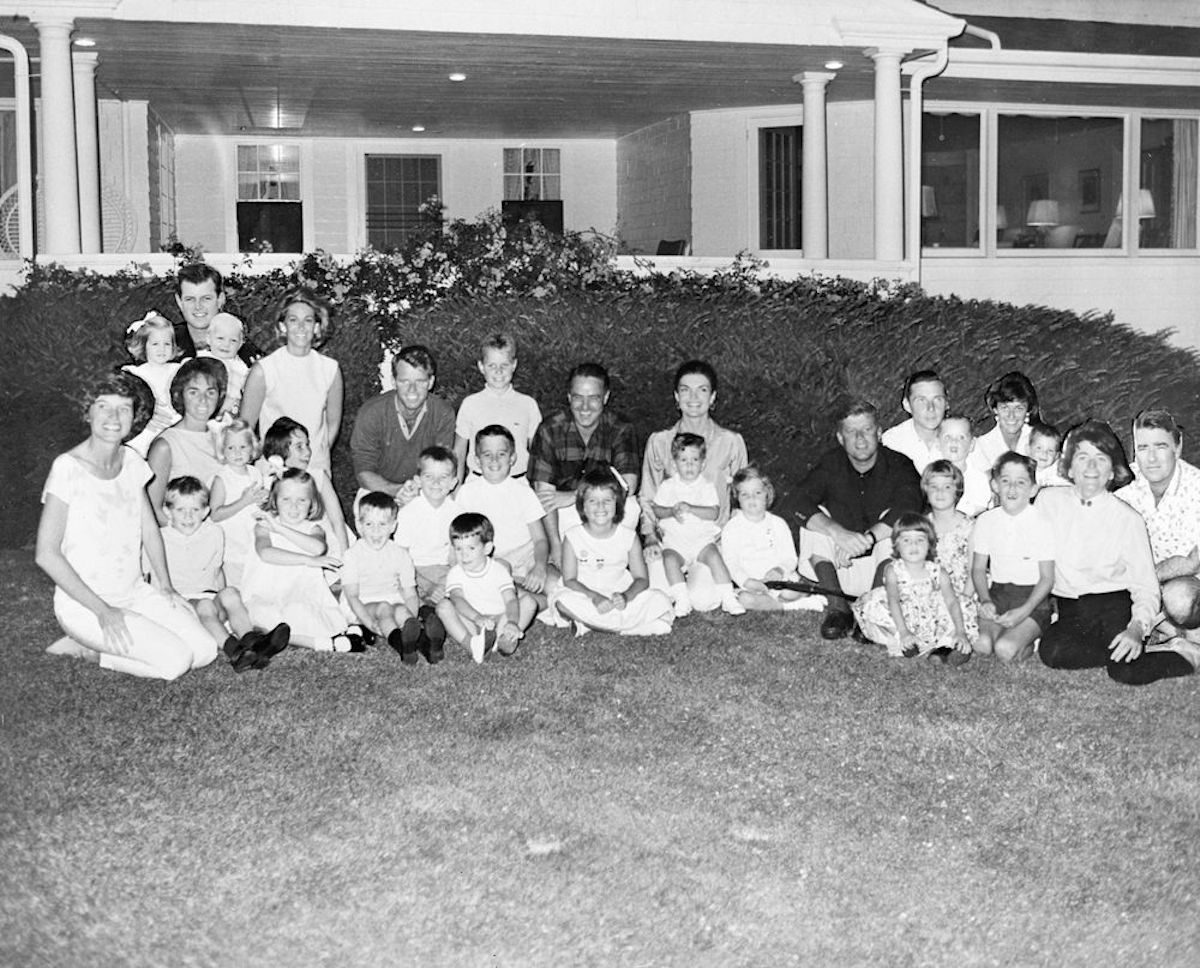There are few people outside the fields of medicine and science who have had as big an impact on cancer care in this country than Senator Ted Kennedy.
It was 12 years ago he lost his battle with the disease, though he still managed to defy expectations by surviving for just over 15 months after being told he had glioblastoma, a fatal brain cancer.
Read MoreSen. Ted Kennedy Cancer Battle
Sen. Kennedy shared his brain cancer diagnosis with the public on May 20, 2008, three days after suffering a seizure. He then used his clout and power to convene the nation's top oncologists for a strategy session.On May 23, 2008, doctors from the top cancer care centers and medical schools in the country flew to Boston or participated by phone in what may still be the most prestigious tumor board assembled in this country.
Opinion at the time was mixed, with some favoring chemotherapy and radiation, while others felt a more aggressive approach was required that would involve surgery to remove the tumor.
Sen. Kennedy was being treated at Massachusetts General at the time, where his doctor advocated for chemotherapy and radiation because of the large size of the tumor.
That option was not what Sen. Kennedy was looking for, and two weeks after that meeting he flew from Massachusetts to North Carolina, where he underwent a four-hour operation at Duke University Medical Center.
That operation was performed by Dr. Allan Friedman, who later deemed the surgery "successful," and noted that the politician "was awake during the resection, and should therefore experience no permanent neurological effects from the surgery."
Sen. Kennedy then returned to his home state where he began receiving targeted radiation and chemotherapy treatment at Massachusetts General Hospital under the supervision of Dr. Larry Horowitz.
There he started off with radiation followed by chemotherapy, which is still the standard of care to this day.
His decision to go with the more aggressive approach was no surprise given his history with the disease.
Two of Sen. Kennedy's children had been diagnosed with cancer by that point in his life, and his ex-wife had recently battled breast cancer.
In all three cases, Sen. Kennedy had taken control of their care and all three were cancer-free at the time of his death.
Edward Kennedy, Jr.: Bone Cancer
It began in 1973, when his 12-year-old son Edward Jr. was diagnosed with osteosarcoma, a form of bone cancer.
Kennedy assembled the nation's leading experts at the time and after discussing the options decided that the best course of action was to amputate his son’s leg.
In these meetings, Kennedy would have multiple files filled with notes and questions and opinions based on thousands of pages of studies and documents he and his staff read to make sure they were aware of any developments in the world of cancer care.
On the day of the surgery, Kennedy first walked his niece Kathleen Kennedy-Townsend down the aisle at her wedding before returning to the hospital for his son’s surgery.
That surgery was followed by radiation and two years of chemotherapy treatment that was still in the trial phase.
That treatment was successful, and Edward was cancer-free by the time he graduated high school.
Edward Jr. is still alive and cancer-free today.
Kara Kennedy: Lung Cancer
In 2002, Kennedy's 42-year-old daughter Kara Kennedy was diagnosed with lung cancer.
When doctors at Johns Hopkins Hospital said the cancer was inoperable, Kennedy thanked them for their time, assembled a board, and found a surgeon who was willing to remove part of Kara's lung.
That procedure happened close to home for the politician, at Brigham and Women’s Hospital in Boston.
In his memoir True Compass, published two weeks after his death, Kennedy reflected on his daughter’s surgery.
"Kara responded to my exhortations to have faith in herself," Kennedy wrote. "Today, nearly seven years later as I write this, Kara is a healthy, vibrant, active mother of two who is flourishing."
Kara passed away in 2011 after suffering a heart attack. She was cancer-free at the time.
Joan Kennedy: Breast Cancer
A few years later, Kennedy was once again making his calls and doing his research when he learned that his ex-wife Virginia “Joan” Kennedy had been diagnosed with breast cancer.
At the time, Joan was under a conservatorship being overseen by her eldest son Edward Jr. due to her struggles with alcoholism.
She went in for a lumpectomy shortly after the cancer was discovered, and at 84 remains cancer-free today.
Dr. David J. Sugarbaker, the surgeon who performed Kara's surgery, noted at the time of Kara’s passing that the Kennedy family "has had cancer laid in front of it and each time they have beat it."
Sen. Ted Kennedy Loses His Cancer Battle
It was Kennedy's insatiable appetite for information that saved his children's life, but no amount of knowledge can save a person if the information they are looking for does not exist.
His commitment to health care is part of the reason why on July 9, 2008 – just one month after surgery – he flew to Washington D.C. to cast his vote on a bill that would lay the groundwork for the Affordable Care Act.
When he was diagnosed in May 2008, the best prognosis was that with the aggressive surgery, radiation, and chemotherapy Kennedy had a life expectancy of three to 15 months.
Kennedy rejected that at the time, but did achieve some small victory when he passed away on August 25, 2009, 15 months and eight days after first being diagnosed with brain cancer.
Learn more about SurvivorNet's rigorous medical review process.


